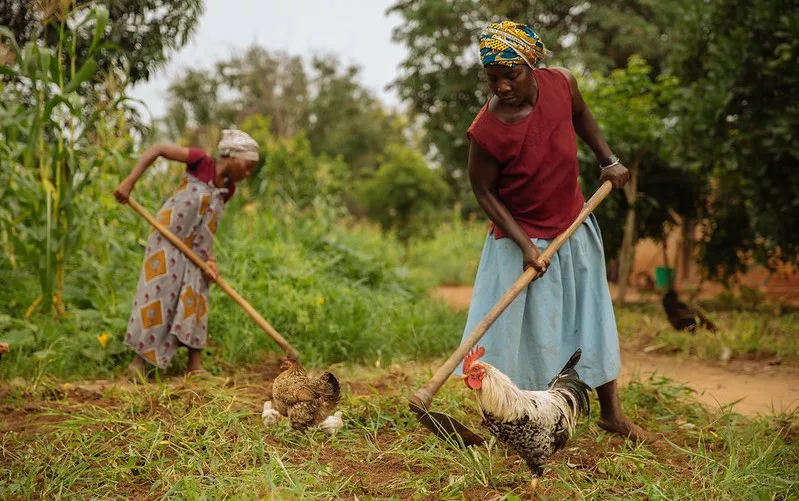Inclusion for All (I4ALL), a pro-poor advocacy platform, organised its inaugural ‘Inclusion for All Dialogues’ event on July 26, 2023, focusing on the topic of ‘Digital ID for the Last Mile – Enabling Access to Digital ID for Rural Female Agricultural Workers.’
The event aimed to discuss and tackle the digital inclusion barriers faced by rural women in Nigeria’s agricultural value chain.
I4ALL leverages data evidence to deepen the understanding of challenges faced by impoverished populations and collaborates with multiple stakeholders to advocate for their removal.
The event featured a distinguished panel of experts who shared their insights and expertise, including Professor Janice Olawoye, Lead Research Consultant from the International Institute of Tropical Agriculture (IITA); Dr. Osasuyi Dirisu, Executive Director of Policy Innovation Centre (PIC); Ms. Uche Chigbo, Director of Operations at the National Identity Management Commission (NIMC); and Dr. Paul Oluikpe, Head of the Financial Inclusion Delivery Unit at the Central Bank of Nigeria.
Chinasa Collins-Ogbuo, the Convener and Head of Inclusion for All, described the event’s significance, highlighting that their goal is to establish a strategic platform with cross-cutting actors sharing the common objective of uncovering the links between income levels, identity ownership, and financial inclusion. The aim is to identify opportunities that accelerate the pace of digital financial inclusion.
The keynote address was delivered by Engr. Aliyu Aziz, the Director-General of NIMC. He discussed the progress made in National Identification Number (NIN) enrolment in Nigeria, the challenges faced, and the approaches being considered to overcome these obstacles. Aziz stressed the importance of data evidence in shaping policies, and he shared key findings from the summary study report.
Aziz pointed out the persistent gender gap in enrolment, stating that, despite the notion that there are more women than men, only 44 percent of the over 101 million registered persons to date are females. He shared actionable steps being taken by NIMC in response to the surveys and advice from Inclusion for All, emphasising the profound implications for the ID project.
Zaina Sore, Head of Capacity Development at IITA, presented the findings from the targeted research study titled: “Access to Identity, Empowerment, Livelihood, and Financial Inclusion of Rural Female Agricultural Workers and Traders in Nigeria.” She highlighted the significance of digital identity in empowering these women and transforming their livelihoods.
Sore emphasizsd that national identification is crucial for greater financial inclusion, particularly for women in remote rural areas engaged in various agricultural activities and trading within the informal sector. Understanding their needs and challenges is essential to tailor services that promote greater inclusion and economic empowerment.





